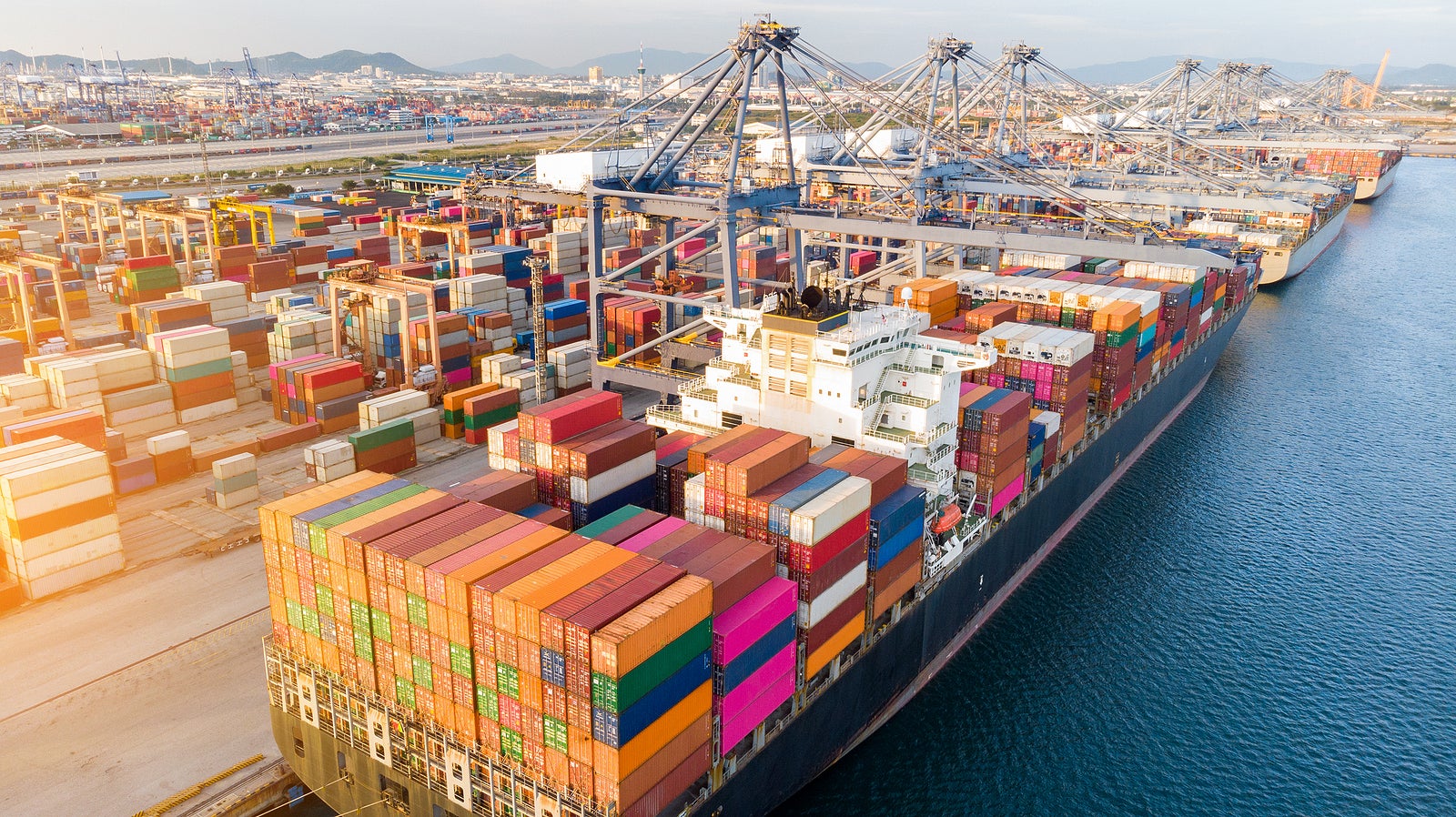
If you have been saddled with the task of importing and exporting for your company, you know that there are an awful lot of steps to getting products from one place to another. Shipping line employees, importer/exporters, clearing agents, and shipping insurance workers must understand the difference between pre-carriage and on-carriage shipping.
Essentially, pre-carriage shipping refers to the shipping process from a shipment’s point of inception to the vessel that will carry it to its port of destination. On-carriage shipping refers to the process of getting a product from the port to its final destination. Both pre-carriage and on-carriage shipping are inland activities. The pre-carriage stage may also be referred to as carrier haulage if it is performed by the shipping company on behalf of the client.
The Pre-Carriage Process
When two companies want to import and export products with one another, an agreement called an incoterm is created. Both the pre-carriage and on-carriage stages are affected by incoterms. An incoterm is a standardized government contract between buyer and seller that specifies details of an import-export agreement.
The exporting company will make arrangements for shipping. They will have to do this well in advance so that the recipient will have the product when they need it.
The product will be packed in a warehouse, and the shipping forwarder will make arrangements for the product to be shipped to the docks or to the airport. This may be done by truck or train.
Every stage of the shipping process will be documented by a “Bill of Lading.” which proves that the carrier has received the product. The truck driver will fill out a Bill of Lading when they pick up the product, and the cargo carrier will fill out another when they take the product onto their boat.
Before the product can be loaded onto a boat or an airplane, it must be inspected by customs officials. Each government has its own specific laws when it comes to the importation and exportation of goods. It is important to hire a shipping forwarder who can assist you in the legalities of importing or exporting. Provided that your goods passed the inspection, they will be loaded onto a cargo ship.
On-Carriage
Once the product has made its journey across the ocean, it will be time to begin The on-carriage process. When the ships come in, the product will go through customs again. If the products and their containers pass the customs inspection, they will be shipped to the warehouse of the buyer.
If the recipient’s warehouse is fairly nearby, the goods may be transported in one single trip. There will be a few different options for what kind of truck to use. Some trucks can do what’s called a drop shipment, where your packages are contained in crates and are dropped by a truck with a crane in it. In other cases, the truck will be backed into the warehouse and unloaded by hand.
In some cases, the truck may take the product to a freight train. When the train reaches its destination, it will be loaded onto another truck which will take the product to the warehouse.
There are several elements that may affect the transportation of products. Different countries have different legal regulations. There are some countries where political unrest may affect shipping. The accessibility of railroads and highways may also be an issue. It is not a bad idea to hire a professional logistics company to help you organize everything.
Shipping products from one place to another is much more complicated than one might think. A professional shipping forwarder is essential to making sure that products arrived safely, on time, and does not incur excessive customs fees.
6474 Views












